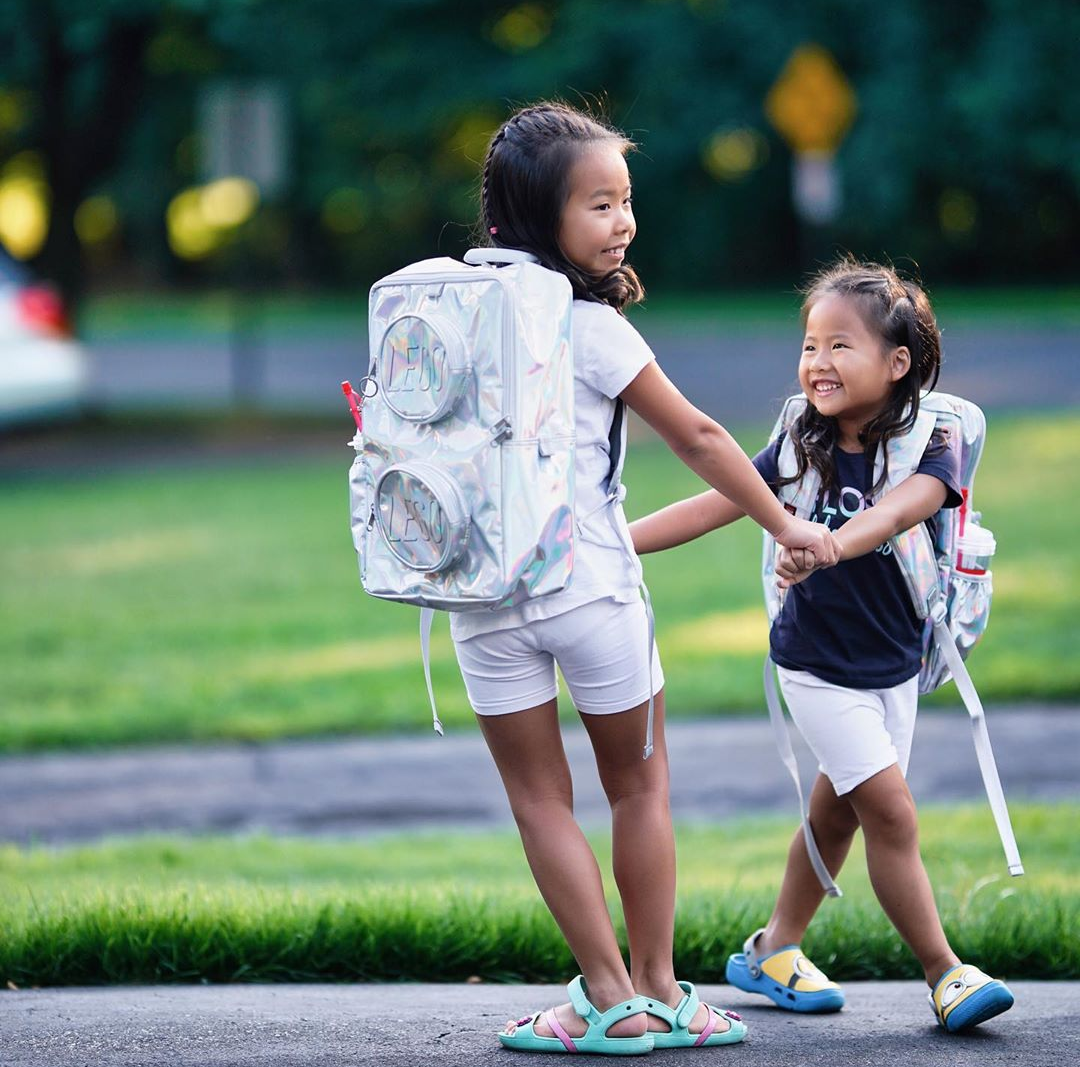10 Tips to Make Family Dinners a Success
/Sitting together and enjoying a meal together is important for families.
Anne Fishel, the executive director of the Family Dinner Project, tells Harvard EdCast, “I'm a family therapist, and I sort of half joke that I could be out of business if more families had regular family dinners because so many of the things that I try to do in family therapy actually get accomplished by regular dinners. There have been more than 20 years of dozens of studies that document that family dinners are great for the body, the physical health, the brains and academic performance, and the spirit or the mental health […].”
But, even though we know family dinners are beneficial, it doesn’t mean that they are always easy to pull off.
Life is busy, kids are picky, and sometimes conversations are awkward.
Here are ten tips to make family dinners a success.
1. Choose Quality Over Quantity
First, let go of the pressure to have a perfect family dinner every night of the week. As kids get more involved in extracurriculars, that just isn’t possible. Plus, if you attempt to do it every night, it loses some special glow. So instead, pick out a couple of nights of the week where you are going to go all-in for family dinner instead of making it something to check off your to-do list every night.
2. Plan Ahead
If you want your family dinners to be successful, you gotta plan for them to be successful. That means sitting down and looking at the calendar and seeing which evenings you actually have the time to do a real family dinner. Then, make it a priority. Put it on the calendar.
3. Order Meal Services
If grocery shopping and cooking stress you out (or you just don’t have time), sign up for meal delivery services. There are so many different options. You can choose to make your own grocery list and have groceries delivered, or you can order a meal kit that comes with all the supplies needed to cook an entire meal.
4. Get Kids Involved
Make dinner a family affair. Allow the kids to help you choose which meals. Let the kids help you cook. Have them set the table before and do the dishes after.
5. Encourage Conversations
Sometimes conversation doesn’t come naturally. If you are in a season when kids are less talkative, have an idea of some things to talk about during dinner. One idea is to go around and ask everyone to share the rose (the good) and thorn (the bad) of their day.
6. Cook Quick and Eat Slow
Remember, the idea of a family dinner is quality over quantity. You aren’t going to have quality time together or quality conversations if you are rushing. Instead, choose to spend less time in the kitchen and more time around the table. Sometimes this means just ordering pizza.
7. Include Yourself in the Conversation
One of the best things for your kids to see is you being a real person and not just a mom. You can do this by including yourself in the dinner time conversation. Share about your day, express your joys, fears, and frustrations. Let the table be the place where kids see you be the real you.
8. Turn Off Distractions
Make the table a distraction-free zone. Instead of looking at a screen, look across the table into each other’s eyes.
9. Celebrate Special Events
Make it normal and expected to celebrate special events with a family dinner. Whether it is a birthday, job promotion, or a school award, celebrate it together with dinner around the table.
10. Enjoy One Another’s Company
Last but not least, family dinners shouldn’t feel forced. They should be times when you get to laugh, relax, and enjoy one another’s company. Make it something you all look forward to rather than something you have to do.




























































